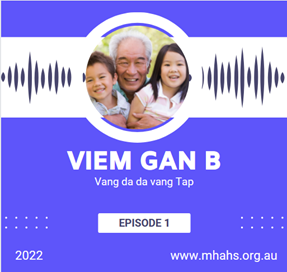From April 20 to 30, NSW Youth Week celebrated the spirit and achievements of young people across the state, with the theme of "Connect, Participate, Celebrate." This annual event was started by the NSW Government in 1989 and has grown into a national celebration of youth in every state and territory in Australia.
If you're aged between 12-24, Youth Week was an opportunity to share ideas, showcase talents, participate in live events, and have your voice heard on issues that matter to you. The NSW Government invites all local councils in the state to jointly fund Youth Week activities in their area and involve young people in all aspects of the event's planning, development, and management.
Moreover, Youth Week is an opportunity to provide health information to young people and highlight the importance of sexual health.
Play Safe Pro has great resources to boost the confidence of people working with young people to start the tricky conversations about sexual health here.
Services can also subscribe to free monthly orders of condoms here.
To find out more information, visit:
• International Students Health Hub
• Play Safe (for young people)
• Play Safe Pro (for people who work with young people)







